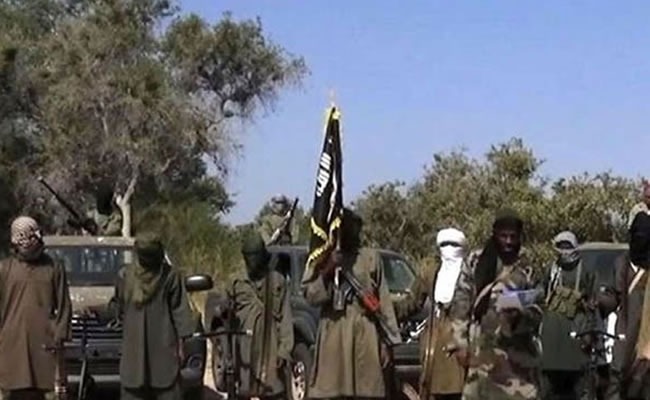ISWAP Militant Group confirms Nigeria’s Boko Haram Leader Is Dead

Dilibe Michael
The Islamic State West African Province (ISWAP) militant group said in an audio recording heard by Daily Times on Sunday that Abubakar Shekau, leader of rival Nigerian militant Islamist group Boko Haram, was dead.
Shekau died on May 18 after detonating an explosive device while being followed by ISWAP militants during a skirmish, according to an audio recording by a person claiming to be ISWAP leader Abu Musab al-Barnawi.
“God has judged Abubakar Shekau by sending him to heaven,” he can be heard saying.
Two people familiar with al-Barnawi told Daily Times the voice on the recording was that of the ISWAP leader.
Shekau also deceased, according to a Nigerian intelligence assessment given by a government official and Boko Haram academics.
“ISWAP had portrayed Shekau as the problem, and he was the sole person they wanted to remove,” Bukarti said of Islamic State’s attempt to enlist the help of Boko Haram commanders and troops.
Shekau’s death could lead to the end of a violent rivalry between the two groups, enabling Islamic State West Africa Province (ISWAP) to absorb Boko Haram fighters and consolidate its hold on territory in northeastern Nigeria, political analysts said.
That would allow ISWAP to focus its attention on the government and military, whose war efforts are languishing.
SHEKAU ‘KILLED HIMSELF INSTANTLY’
Boko Haram’s leader was reported to have been killed on several occasions over the last 12 years, including in announcements by the military, only to later appear in a video post.
In the audio recording, the man identified as al-Barnawi said his fighters had sought out the warlord on the orders of the Islamic State leadership and battled Boko Haram insurgents until Shekau fled.
ISWAP chased him down and offered him the chance to repent and join them, he said.
“Shekau preferred to be humiliated in the afterlife than getting humiliated on earth, and he killed himself instantly by detonating an explosive,” he said.
Boko Haram grabbed headlines worldwide with its 2014 kidnapping of more than 250 schoolgirls from the town of Chibok, sparking a global campaign for their return dubbed #BringBackOurGirls, backed by the likes of Michelle Obama.
Around 100 of the Chibok Girls are still missing, and some are thought to have died in captivity.
Shekau led the transformation of Boko Haram from an underground Islamic sect in 2009 to a full-fledged insurgency, killing, kidnapping, and looting its way across northeast Nigeria.
The group has killed more than 20,000 people, forced around 2 million people to flee their homes, and spawned one of the world’s worst humanitarian crises.
ISWAP was previously part of Boko Haram before its split five years ago, pledging allegiance to Islamic State. The schism was caused by religious ideological disagreements over the killing of civilians by Boko Haram, to which ISWAP objected.








